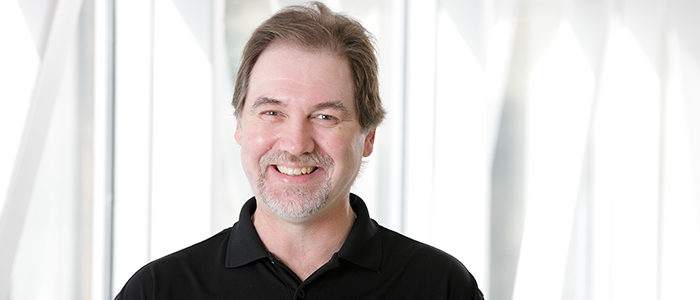10 ways to become a top graduate trainee

I recently saw many of you at the Schulich Dentistry Annual Research Day and the 15th John T. Hamilton Distinguished Lecture, which was delivered by Dr. Jocelyne Feine from McGill University.
Dr. Feine’s lecture was filled with wonderful advice for all researchers, regardless of area of interest. She provided many sage “things she has learned” throughout the course of her career, and I was really impressed with the wisdom and relevance of her lessons.
I study highly successful, well-respected individuals to learn how and why they have achieved their success. Based on my findings, I’ve compiled a list of 10 ways to be a top graduate trainee.
10. Be curious
Students who are truly curious about what they are working on tend to perform better than those who are not, because curiosity will often drive a high performer to work harder at finding answers.
9. Be proactive
Take responsibility for your education. High performing students know that they are in charge of their learning experience. Take charge and know what is important for your success to happen.
8. Be dependable
Students who make clear commitments and stick to them succeed. You shouldn’t have to be reminded to complete tasks on time.
7. Be organized
Have a clear plan, with clear objectives and timelines. This will help you frame new tasks or opportunities with regards to how they may benefit or affect your plan, which will allow you to easily let go of things that aren’t high enough on your priority list for completion.
6. Be engaged
High performing students recognize that there are many stages to life — while focus is necessary on immediate priorities, it is still important to keep an eye on opportunities. Important types of engagement include applying for scholarships and awards, attending conferences and networking.
5. Be resilient, resourceful and perseverant
Rise to your challenges. It is important to seek out advice from advisory committee members and supervisors. Learn how to formulate alternative strategies and brainstorm solutions to any obstacles that may arise.
4. Learn from your mistakes
We all make mistakes occasionally. It is important to own them, acknowledge them and try to not make the same mistake twice.
3. Be humble
Great students approach every meeting with the understanding that everyone comes from a unique background and has something to teach them. Always ask questions with the goal of learning something new.
2. Prioritize
High performing students know that it is time to put the pedal to the metal when things are working well. Don’t let distractions interfere with this period of high productivity.
1. Be publication focused
Focus on outcomes. It is important to strive for high-quality, high-impact publications that will advance your field in important ways.
I always enjoy hearing from you — please continue to send me topic suggestions that you would like to read about in the upcoming issues of Current Affairs.
Until next month,
Andrew J. Watson, PhD
Associate Dean, Graduate and Postdoctoral Studies








